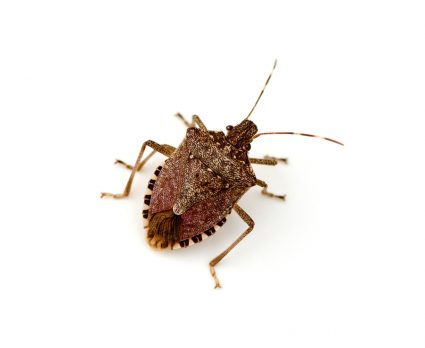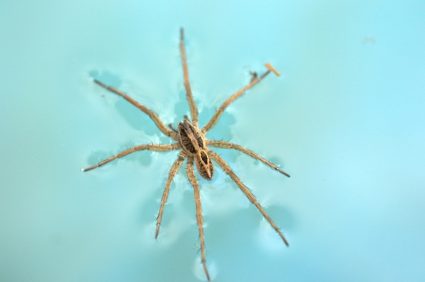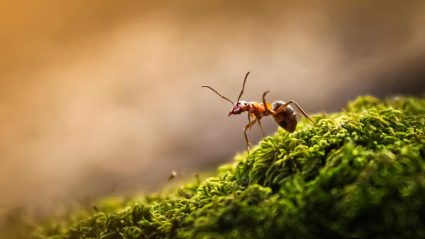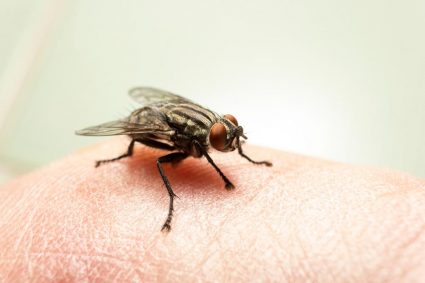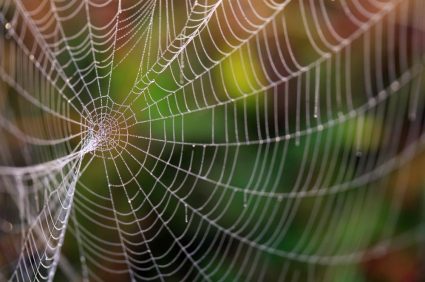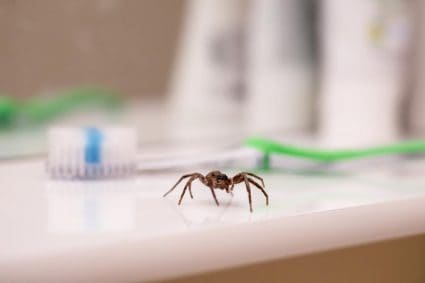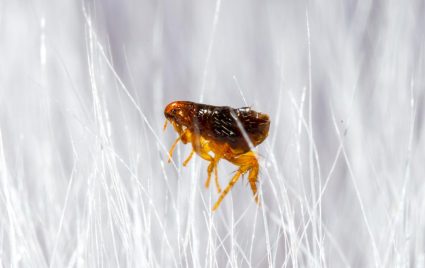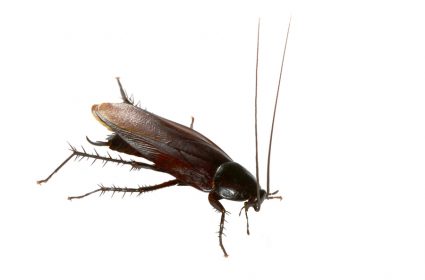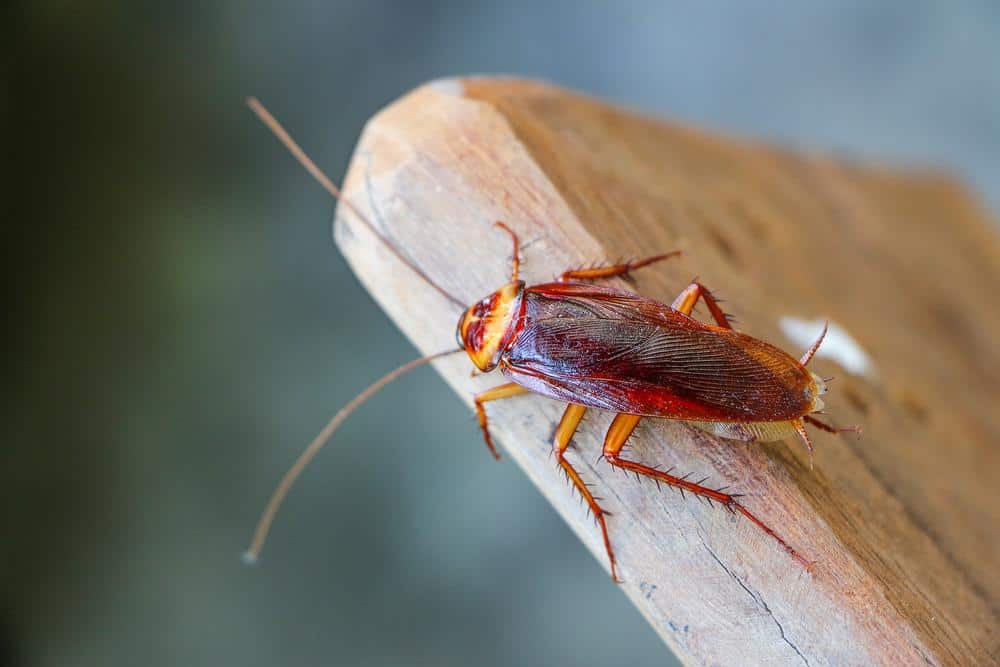
Cockroaches. Just the mention of the word can make some people’s skin crawl. But what happens if a roach actually crawls on you? Should you be worried about diseases, allergic reactions, or other health risks? Or is it just a harmless, albeit unpleasant, experience? Let’s dive in and find out.
If a roach crawls on you, it’s generally harmless but can be unpleasant. They can carry bacteria and allergens, potentially causing diseases and allergic reactions. They may also bite, causing skin irritation. The probability of a roach crawling into your ear or nose is relatively low. If a roach does crawl on you, stay calm, brush it off, and clean the area. Maintaining a clean and hygienic living environment can help prevent roach infestations.
The Immediate Effects
Firstly, stay calm and remember that a roach crawling on you is generally harmless. However, there are some potential risks to consider. Cockroaches can carry bacteria and allergens that may cause health issues, such as asthma and allergies. In rare cases, they can bite, but this isn’t a common occurrence. Cockroach bites typically appear as red, raised bumps on the skin and can be itchy or cause irritation.
Potential Disease Transmission
Cockroaches are known to carry a range of bacteria, viruses, fungi, and parasites that can cause various diseases and infections. These include salmonellosis, cholera, dysentery, gastroenteritis, leprosy, typhoid fever, and poliomyelitis. Additionally, they can cause allergies and asthma attacks due to allergens found in their feces, saliva, and body parts.
Physiological Effects
In some cases, contact with a cockroach can cause skin rashes or other allergic reactions, such as coughing, wheezing, nasal congestion, ear infection, and sinus infection. Cockroach allergens can cause chronic symptoms that last longer than other seasonal allergies.
The Probability of a Roach Crawling into Your Ear or Nose
The probability of a roach crawling into your ear or nose while you sleep is relatively low. In a study conducted in South Africa, only 2% of all insects found in a human’s ear were cockroaches. They have been known to crawl into ears in search of food, as they are attracted to the scent of earwax, which contains volatile fatty acids similar to their natural food sources.
Immediate Actions to Take
If a roach crawls on you, stay calm and gently brush the roach off your body using a piece of paper or cloth. Wash the area where the roach crawled with soap and water to remove any potential allergens or bacteria. Apply a cold compress or ice pack wrapped in a clean cloth to the area if there is any irritation or swelling.
Psychological Distress
The sensation of a roach crawling on you can cause psychological distress. Pest infestations can lead to emotional and psychological effects. In extreme cases, the sensation of insects crawling on the skin can become so severe that it affects a person’s emotional or psychological health.
Preventing Roaches from Crawling on You
To prevent roaches from crawling on you, maintain a clean and tidy home, seal any cracks or openings in your home, eliminate their access to food and water sources, and address any potential entry points into buildings.
Long-Term Effects
A single instance of a roach crawling on you may not have significant long-term effects, but it is important to note that cockroaches can carry allergens and bacteria that can cause health issues.
Preventing Cockroach Infestations in Your Home
Close gaps around windows and doors, regularly clean your floors, countertops, and appliances, store food in sealed containers, remove water sources, use natural repellents, be vigilant about cleaning up spills, and take out the garbage daily.
In conclusion, while a roach crawling on you is generally harmless, it can carry potential health risks. It’s important to maintain a clean and hygienic living environment to minimize these risks and prevent cockroach infestations.
Frequently Asked Questions
What attracts cockroaches in the first place?
Cockroaches are attracted to food that has been left out on the counter, dirty dishes in the sink, and crumbs laying on the floors. They are also attracted to moisture, such as from a leaky pipe underneath a bathroom sink or a wet bathmat on the floor.
Are there any specific types of cockroaches that are more likely to crawl on humans?
While it’s possible for any type of cockroach to crawl on a human, it’s more common with the American and German cockroach species. These species are more likely to be found in human homes and are also more likely to come into contact with humans.
Can a cockroach infestation lead to other pest infestations?
Yes, a cockroach infestation can potentially lead to other pest infestations. Cockroaches are known to attract other pests, such as ants, flies, and rodents, which are attracted to the same food sources.
How can I tell if I have a cockroach infestation?
Signs of a cockroach infestation can include seeing live or dead roaches, finding roach feces or egg casings, and noticing a musty or oily smell. If you see one roach, there are likely many more hiding out of sight.
Are there any natural ways to repel cockroaches?
Yes, there are several natural remedies that can help repel cockroaches. These include using essential oils like peppermint, eucalyptus, and tea tree oil, sprinkling diatomaceous earth around your home, and placing cucumber slices or garlic in areas where you’ve seen roaches.

